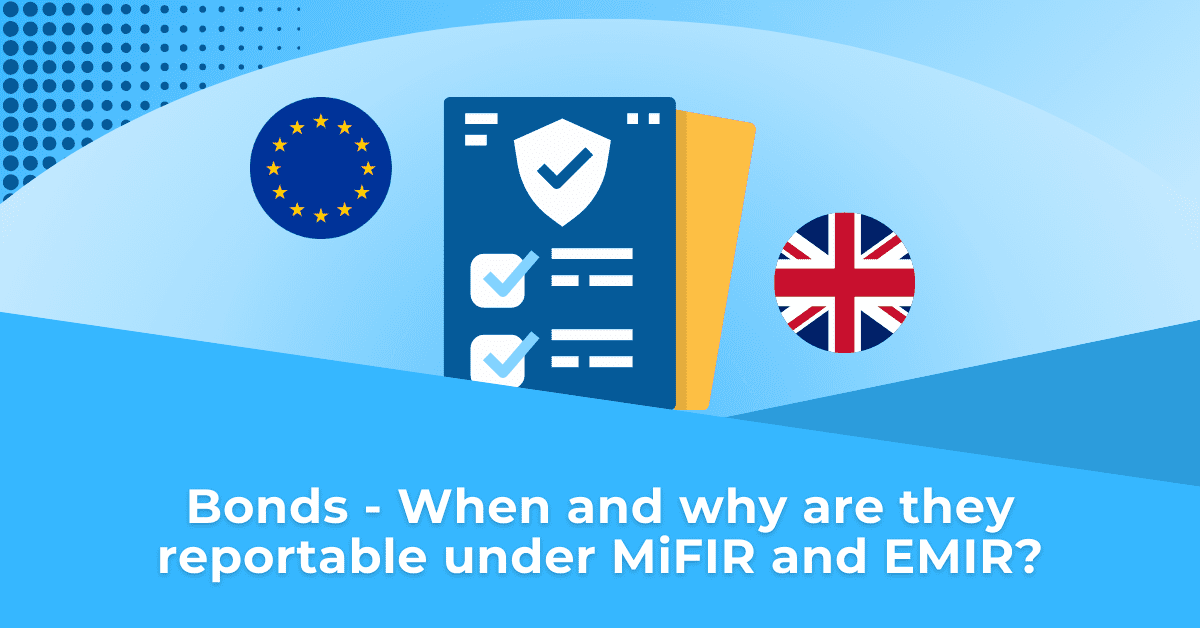Trade Repositories QUESTION 9
*UPDATE*
(e) If a broker is itself the counterparty to a trade, should it be reported in both the “broker” and “counterparty” fields?
No, when a broker is a counterparty to a derivative, it should report the derivative and identify itself as a counterparty. In line with the RTS on reporting and more particularly with regard to the details to be reported in the field 1.8 (‘Broker ID’), the broker is then not required to report its LEI in the field ’Broker ID’.
Trade repositories QUESTION 59
*NEW*
(a) Should the derivatives maturing on day T be included in the TSR for that day?
Yes, the TRs should ensure that derivatives that mature on a given day should still be included in the Trade State Report (TSR) for that day. For the avoidance of doubt, the derivatives that were terminated or cancelled on a given day with any of the following action types: ‘E’, ‘C’, ‘P’ or ‘Z’, should not be included in the TSR for that day.
*NEW*
(b) Should the counterparty be allowed to ‘reopen’ a derivative by modifying the maturity or termination date to a future date once the derivative expired or was terminated?
No, it is not possible to change the status of the derivative from non-outstanding to outstanding by modifying the maturity or termination date.
ETDs Reporting QUESTION 2
*UPDATE*
Which parties have to report ETD contracts?
In order to identify risk positions, all of the following will be deemed to be counterparties of the trades arising from a derivative transaction and thus having an EMIR reporting obligation:
- The CCP clearing the derivative contract
- The clearing members of the CCP clearing the derivative contract
- The MiFID investment firms involved in the trade chain
- Other parties that do not fall into any of the categories above and that take the risk arising from the derivative transaction




